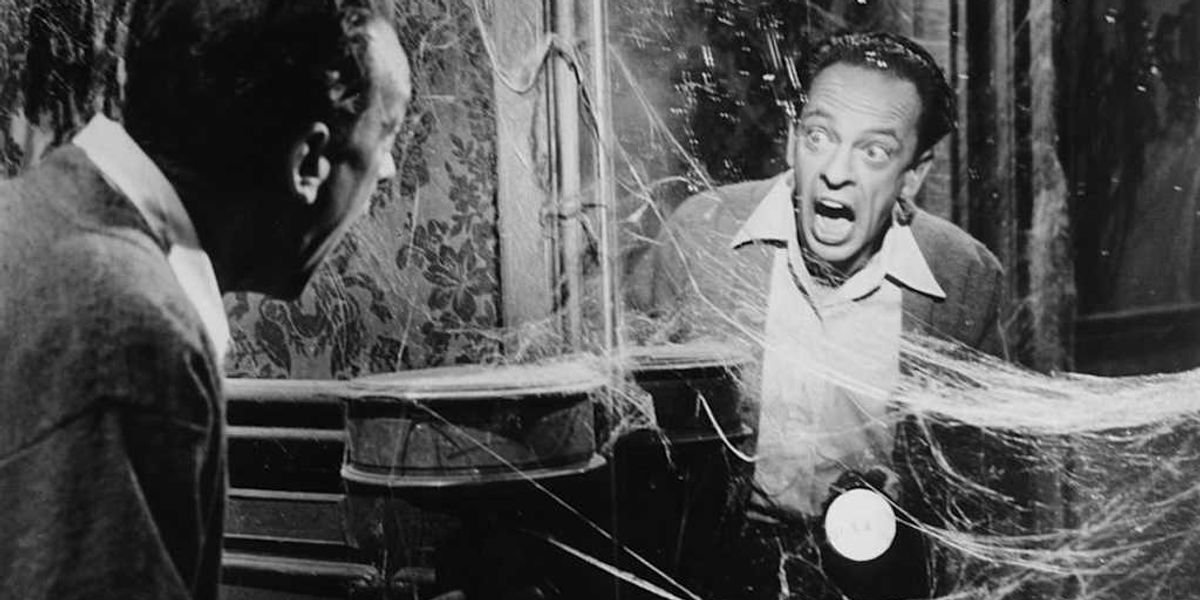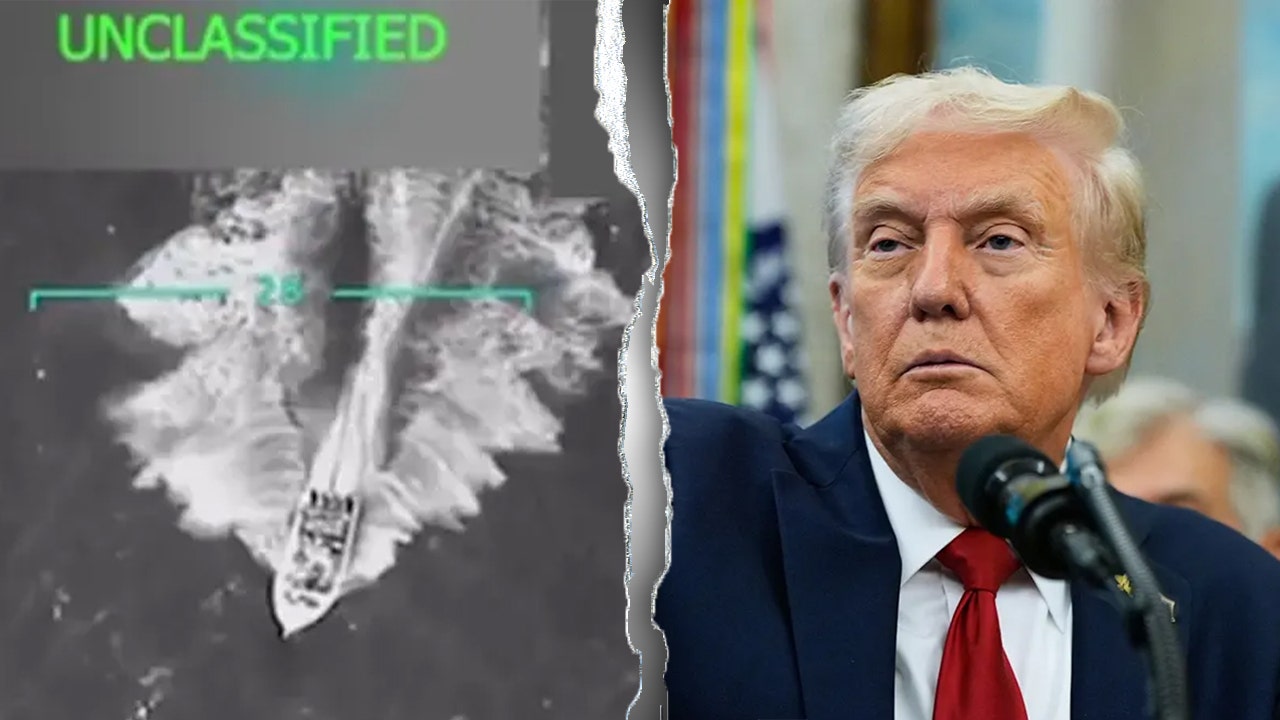Federal statute prohibits anyone convicted of a felony offense from possessing a firearm or ammunition, even if the offense wasn’t violent in nature. While the Supreme Court hasn’t taken up a case challenging that prohibition, some lower court judges have asserted that the law is too broad to withstand scrutiny under the Second Amendment. In their view, at least some non-violent felons or those convicted of a crime punishable by more than a year in prison shouldn’t automatically lose their right to keep and bear arms. Instead, they suggest that a judge must find them “dangerous” before being deprived of their 2A rights.
The Second Circuit Court of Appeals, however, has ruled that the statute is perfectly compatible with the Second Amendment. On Monday the appeals court rejected a lawsuit by Selim “Sam” Zherka, who pled guilty toto one count of conspiracy to make a false statement to a bank and to sign and file a false federal income tax return nearly ten years ago.
Zherka had sued the federal government arguing that prohibiting him from possessing a firearm violated both his Second and Fifth Amendment rights, but the Second Circuit ruled on Monday that “disarmament of nonviolent felons, as a class or category of persons, is ‘consistent with the Nation’s historical tradition of firearm regulation,” even though the judges on the panel admitted that there are no colonial-era laws like the modern prohibition at question. The panel instead asserted that legislatures (including Congress) have a lot of leeway in crafting gun control measures.
English, American colonial, and early American histories abound with examples of laws demonstrating that legislatures had broad authority to regulate firearms, including by disarming large classes of people based on their status alone. Religious minorities, political dissenters, Native Americans, and persons of color were among the disfavored groups that historical legislatures disarmed based on a perception that persons in those categories were inherently dangerous or non-law-abiding. Many of those laws are offensive to contemporary moral sensitivities, or might well be deemed unconstitutional today on First and Fourteenth Amendment grounds. They are, however, relevant to the Second Amendment historical analysis that Bruen requires we conduct. As we discuss in greater detail below, the status-based disarmament laws show that at the time of the adoption of the Second Amendment, legislatures had the authority to use status as a basis for disarmament. Moreover, those laws demonstrate that legislative disarmament did not always turn on a particularized finding of a propensity for violence. Instead, legislatures could disarm classes of people that they perceived as dangerous, without any judicial scrutiny of the empirical basis for that perception.
The fact that the Second Circuit approvingly cites laws that would be clearly unconstitutional today in order to uphold a constitutionally dubious statute is deeply troubling. Yes, those laws disarming large classes of people based on their status alone were on the books, but I think it’s wrong to call them part of the “national tradition” of gun ownership. The tradition and history of our right to keep and bear arms has been one of expanding those rights. The laws cited by the Second Circuit aren’t just offensive to “contemporary moral sensitivities.” They were offensive to our American ancestors, who struck them down and removed them from statute.
I’d argue as well that those statutes didn’t always disarm those classes of people solely because of a perceived danger or believe that members of those classes weren’t law-abiding. In some cases it was because they didn’t see those people as people, and certainly not members of the political community. The Second Circuit, on the other hand, acknowledged that Zherka and other convicted felons are part of “we the people”, but casually disregarded that status in favor of giving undue deference to lawmakers and their ability to regulate our rights away.
In a somewhat unusual step, Zherka issued a press release after the decision and announced he’ll be appealing his loss to the Supreme Court.
“I filed an as-applied challenge to the constitutionality of § 922(g), which prohibits felons from possessing any firearm that has moved in or affects interstate commerce,” Zherka said. “There are currently conflicting opinions among the federal circuits, which makes my case ripe for a Supreme Court challenge.”
Zherka drew a direct comparison between his case and that of President Donald J. Trump. “I built a major real estate business like Trump. I was outspoken against both parties. I ran a newspaper that exposed corrupt politicians-and they came after me just like they’re going after him. My banks all got paid and love me. But this didn’t matter. It’s the same political witch hunt.”
“This decision poses a threat to every American,” he warned. “It allows the government to strip away your constitutional rights based on a technicality-without any violence, without any harm, without any loss. Every American who has ever filled out a credit application should be very concerned. Even if you pay your bills, beware.”
I have to say I don’t really like Zherka trying to re-litigate the charges against him in his press release. Whether he feels he was unfairly charged is, frankly, immaterial to his current lawsuit. I disagree with the Second Circuit’s decision, but that doesn’t mean gun owners have to defend his past conduct. It wasn’t a “technicality” that led to the loss of his Second Amendment rights. It was a guilty plea to a felony crime; one that resulted in a 37-month sentence and, according to the Second Circuit, an order to pay more than $8 million in fines, restitution, and forfeiture.
I still don’t believe that makes Zherka too dangerous to own a gun going forward, and I hope that the Supreme Court grants cert and rules in his favor. He’s served his time and at the very least should have his Second Amendment rights restored, but I believe it was wrong for him to lose his Second Amendment rights in the first place over a non-violent offense, as serious as it might have been.
Read the full article here







![Sen. Chuck Schumer Told a Whopper So Big Even CNN Fact Checked Him On It [WATCH] Sen. Chuck Schumer Told a Whopper So Big Even CNN Fact Checked Him On It [WATCH]](https://www.rvmnews.com/wp-content/uploads/2025/02/2025.02.01-06.58-rvmnews-679e6ee7df586.jpg)


![Undercover Journalist Exposes Antifa’s Teachers Who ‘Throw Molotov Cocktails’ [WATCH] Undercover Journalist Exposes Antifa’s Teachers Who ‘Throw Molotov Cocktails’ [WATCH]](https://www.lifezette.com/wp-content/uploads/2025/09/2025.09.16-12.25-lifezette-68c957399c8f6.jpg)

